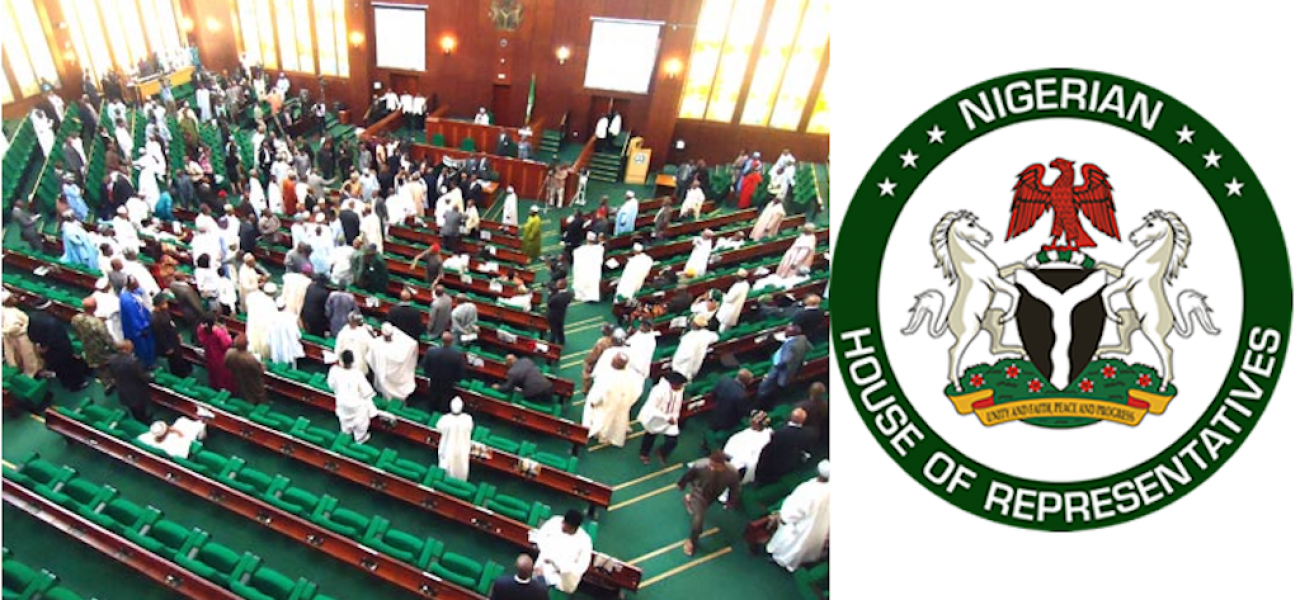The House of Representatives Adhoc Committee set up to investigate Job Racketeering and Gross Mismanagement in Federal Ministries, Departments and Agencies has itself become embroiled in serious controversy over allegations of extortion and bribery. The committee chaired by Hon. Yusuf Adamu Gagdi (APC: Plateau) was set up to investigate petitions against Federal Ministries Departments and Agencies (MDAs) accused of job racketeering, mismanagement of personnel recruitment and the Integrated Payroll and Personnel Information System (IPPIS). The IPPIS which was set up by the Jonathan administration in 2006 to forestall corruption in the payroll system of public agencies and eliminate ghost workers.
The Committee had held televised investigative hearing sessions where some disclosures were made that government officials were involved in underhand dealings such as taking kickbacks and outright sale of job slots running into millions of naira. One of the sittings, which was a spectacle involving the Federal Character Commission (FCC) saw accusations and counter accusations being publicly traded by officials of the commission.
PLAC Legist had earlier reported this story. See https://placng.org/Legist/house-of-reps-investigates-job-racketeering-in-fcc-jamb/
While these initial disclosures and findings by the committee have received public commendations for exposing the very many abuses and malfeasances in the conduct of recruitment of personnel into federal agencies, the Committee is now embroiled in a controversy that has turned the searchlight on its members and threatens to upturn their effort.
This followed from a damning investigative report by Premium Times alleging that members of the committee are extorting money from MDAs to shield them from being disgraced in public. The Premium Times investigation alleged that the lawmakers held a meeting with the heads of federal government owned universities, polytechnics and colleges of education to negotiate illicit payment to them in exchange for clearance in the committee’s eventual report. The investigation further revealed that Vice chancellors were asked to pay 2 million naira each into an account number domiciled in Providus bank while an estimated 267 million naira has been collected from tertiary institutions alone by the Committee in the corrupt scheme. It is important to mention that Professor Tanko Ishaya, the Vice Chancellor University of Jos who spoke on behalf of the Committee of Vice Chancellors of Nigerian universities (CVCNU) has refuted claims that lawmakers demanded money from them.
Following the Premium Times expose, the Chairman of the Committee, Hon. Yusuf Gagdi (APC: Plateau) came out to deny any involvement in an extortion ring, while noting that the allegations are targeted at distracting them from their job. Also, the Spokesperson for the House of Representatives Hon. Akin Rotimi (APC: Ekiti) also came out to strongly defend their members while stating that the leadership of the House will investigate the matter. The Independent Corrupt Practices and Other Related Offences Commission (ICPC) has also gotten involved in the matter, by announcing that it will investigate the allegations against the Committee.
Investigative hearing is a key oversight tool used by legislatures worldwide. It is a power that when wielded properly, can uncover fraud and mismanagement of public funds, and as well, promote accountability by the executive. Unfortunately, the National Assembly has not always properly utilised this tool. It has also had a fair share of scandals over the years involving its members who have been accused of shaking down government officials for money in exchange for shielding them from scrutiny – the very antithesis of accountability.
It is unfortunate that these allegations have cast a cloud on the Committee’s work on an issue of major concern. Committees of this nature need to be above board and show integrity. The slightest whiff of extortion allegations, even if denied or not proven, further damages the already poor public perception of the National Assembly. Such allegations should not be treated with levity but be thoroughly investigated and punished. The legislature represents the collective interests of Nigerians, and this should come through in every facet of their work.

